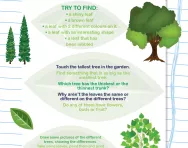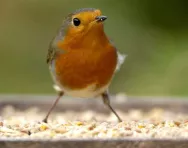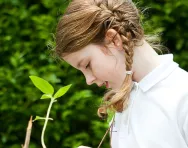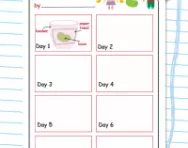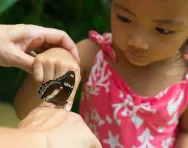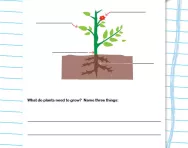Important update from TheSchoolRun
For the past 13 years, TheSchoolRun has been run by a small team of mums working from home, dedicated to providing quality educational resources to primary school parents. Unfortunately, rising supplier costs and falling revenue have made it impossible for us to continue operating, and we’ve had to make the difficult decision to close. The good news: We’ve arranged for another educational provider to take over many of our resources. These will be hosted on a new portal, where the content will be updated and expanded to support your child’s learning.
What this means for subscribers:
- Your subscription is still active, and for now, you can keep using the website as normal — just log in with your usual details to access all our articles and resources*.
- In a few months, all resources will move to the new portal. You’ll continue to have access there until your subscription ends. We’ll send you full details nearer the time.
- As a thank you for your support, we’ll also be sending you 16 primary school eBooks (worth £108.84) to download and keep.
A few changes to be aware of:
- The Learning Journey weekly email has ended, but your child’s plan will still be updated on your dashboard each Monday. Just log in to see the recommended worksheets.
- The 11+ weekly emails have now ended. We sent you all the remaining emails in the series at the end of March — please check your inbox (and spam folder) if you haven’t seen them. You can also follow the full programme here: 11+ Learning Journey.
If you have any questions, please contact us at [email protected]. Thank you for being part of our journey it’s been a privilege to support your family’s learning.
*If you need to reset your password, it will still work as usual. Please check your spam folder if the reset email doesn’t appear in your inbox.
Creating a child-friendly garden

In a recent survey parents were asked whether their gardens were child-friendly. Nearly three quarters (73 percent) said yes. On closer scrutiny, what they meant was that they had a swing or a high fence to keep out intruders.
But few parents (less than a third) have a dedicated space where kids can nurture their own seeds and plants and more than a third admitted their child has never planted anything.
If that rings true with you, you could be overlooking a vital teaching resource in your own backyard – even if you live on the fourteenth floor of a high-rise block.
Positive effects of children's activities in the garden
“There is a wealth of evidence to suggest that exposure to nature is good for both the physical and psychological health of children,” says child psychologist Dr Sandra Scott.
“Fundamentally, gardening can improve children’s key cognitive, motor, personal and social skills which could help them progress both academically and socially.”


Claim Your Summer Challenges Pack!
- 30 exciting challenges
- Weird and wonderful facts
- Keep them busy the whole summer!
Garden-based learning
Thinking skills
Gardening encourages your child’s thinking skills. Children learn about insects and plant growth cycles and their relevance to each other, about plotting and grafting, and the effects of changing weather. Getting your child to help map and plan out the garden encourages the use of mathematics, drawing and reading – core skills we need every day. A window box requires even keener creative abilities on how to use smaller spaces, and still involves the planning, planting, growing and maintaining learning experiences.
Personal skills
Gardening teaches responsibility, it helps give children a sense of independence and autonomy. They become responsible for keeping the garden alive and ensuring its wellbeing, a bit like having a pet. The sense of achievement they get is equally important. Children have charge over few things in their lives so they appreciate it much more.
Extra exercise
Studies have shown that children exposed to nature are more physically fit and recover more quickly from illness. It’s obvious why – gardening ensures they’re always maintaining levels of fitness, coordination, balance, and motor skills. If your child is not used to being very active Dr Scott recommends parents act as an example. If you point them to the garden and say, “get on with it”, they may just look at you as though you’ve gone mad. Lead with an imaginative game: try using a design theme based on your child’s favourite character from a book. Throw yourself in one hundred percent and make it a laugh. Children are sponges – if you’re enthusiastic they will be too.
Social skills
Create a project that requires teamwork to give your child the opportunity to work with others. Dr Scott says gardening reduces anti-social behaviour, such as littering, and even bullying. Exposure to greenery and being outside has a calming affect. It teaches children to appreciate things in a quieter way. "Gardening also offers parents the opportunity to teach their children about the world we live in," says Dr Scott. "And with all the newspaper reports about rising seas levels, extinct species, and lack of regard and respect for nature, it’s almost like a responsibility we have. We want to make their lives better for the future so we want the planet to be in the best shape for future to help guarantee that."



